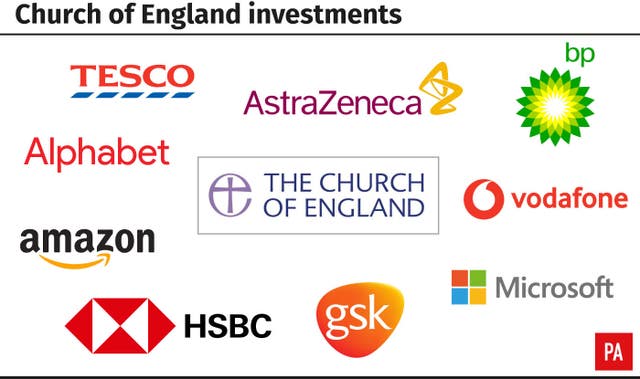How does the Church of England invest its wealth?
A closer look at the Church’s investment policies and holdings.

The Church of England has been criticised after the Archbishop of Canterbury, Justin Welby, slammed Amazon at the recent TUC Congress in Manchester, despite the Church holding stock in the online retail giant.
Here is a closer look at the Church’s investment fund and policies:
Why does the Church of England have an investment fund?
Managed by a body called the Church Commissioners, the investment fund is the modern incarnation of the Church of England’s historic property assets.
The Church Commissioners distribute returns from the fund into the Church of England, accounting for approximately 15% of the Church’s running costs.
It also pays pensions for retired clergy, provides funding for the poorest areas and supports research into how the Church can grow.
What does the Church invest in?
The Church Commissioners body holds stocks in publicly listed companies, including Google owner Alphabet, oil giants BP and Royal Dutch Shell, pharma firms GlaxoSmithKline and AstraZeneca, and Amazon.

Two of its largest property investments are in the Hyde Park Estate and its 10% stake in the Metrocentre in Gateshead.
How much money does it make?
According to the latest financial report from the Church Commissioners, its £8.3 billion investment fund achieved a return on investments in 2017 of 7.1%.
But that was sharply below the previous year’s 17.1% return and was below a 9.1% target.
It has been struggling in fixed income markets and knocked by the recovery in the pound, which impacted its US dollar-based investments.
Does the Church have an investment policy?
The Church Commissioners say they are “committed to responsible investment” that is consistent with its ethical guidelines and takes into account “environmental, social and governance issues”.
It has also taken stances on specific industries and issues.
Last year it threatened to pull investment from mining companies that fail to “uphold high standards”, saying the industry is “particularly vulnerable” to poor governance.
The fund also joined the Church Investors Group, whose members manage more than £17 billion of assets, in threatening to vote down key company appointments if firms fail to tackle climate change, promote gender diversity, or excessive pay.
“We are also committed to engagement with the companies we invest in, and have an in-house team dedicated to this task,” its website explains.
Has the Church tried to influence companies it is invested in?
The Church sold off stakes in mining giants Vedanta in 2010 amid human rights concerns and Soco International in 2015 over poor governance issues.
The Press Association reported earlier this year that the Church voted against the re-election of former Sports Direct chairman Keith Hellawell and chief executive Mike Ashley at the retailer’s AGM in 2017 over issues including executive pay and working conditions.
It came at a time when Sports Direct was dealing with serious operational, governance and risk oversight problems, including what unions described as “Victorian” working conditions at the high street chain’s Shirebrook factory in Derbyshire.





